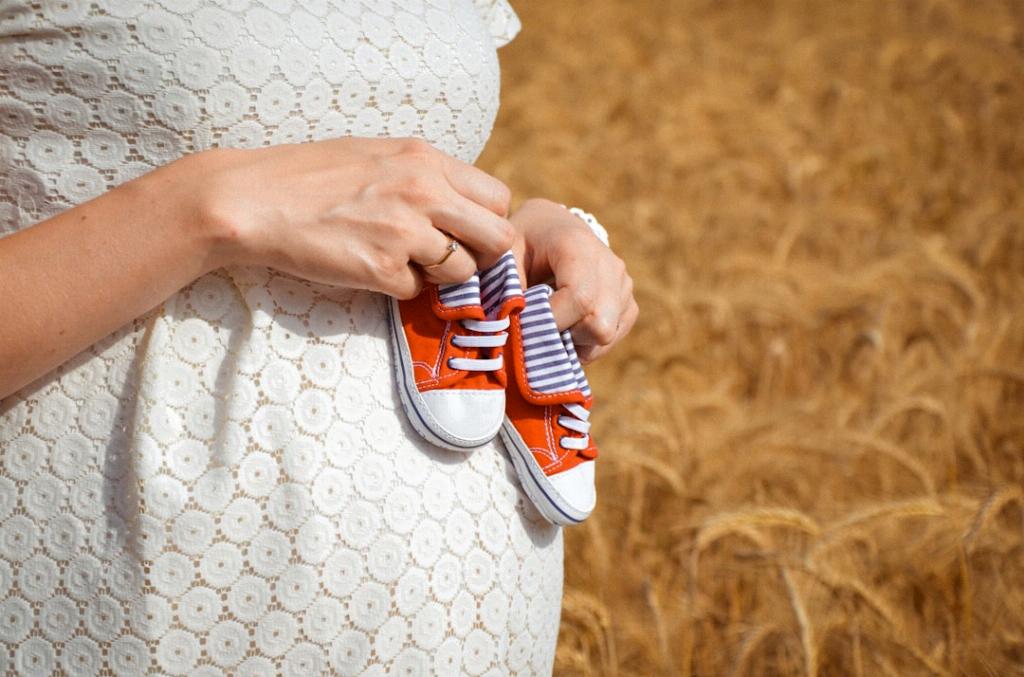When it comes to starting Pilates during pregnancy, timing is key. While it is safe to do Pilates throughout all trimesters, the best time to start is ideally in the first trimester. During this initial stage of pregnancy, your body is undergoing significant changes, and starting Pilates can help you build a strong foundation for the rest of your pregnancy.
First Trimester: A Time for Foundation Building
As mentioned earlier, the first trimester is an excellent time to begin your Pilates journey. While it is safe to engage in Pilates during this period, it is crucial not to overexert yourself. Focus on building your Pilates foundation, paying attention to essential elements like breathing techniques and core stabilization. This will not only prepare your body for the upcoming months but also help you establish a solid Pilates practice that you can continue throughout your pregnancy.
Second Trimester: Embracing Changes
As you transition into the second trimester, you may start to feel more comfortable with your Pilates practice. This trimester is an excellent time to embrace the changes happening in your body and modify your Pilates routine accordingly. Focus on exercises that support your growing belly and help alleviate any discomfort you may be experiencing. Remember to listen to your body and make modifications as needed.
Third Trimester: Preparing for Birth
During the third trimester, as you approach the final stages of your pregnancy, your Pilates practice can help you prepare both mentally and physically for childbirth. Focus on exercises that promote relaxation, improve your posture, and strengthen your pelvic floor muscles. These exercises can be beneficial not only during labor but also in the postpartum period.
Postpartum Recovery: Continuing Your Pilates Journey
After giving birth, Pilates can play a crucial role in your postpartum recovery. It can help you regain strength in your core and pelvic floor muscles, improve your posture, and alleviate any aches and pains associated with childbirth. Starting Pilates during pregnancy can make this transition smoother, as you already have a solid foundation to build upon.
Consulting with Your Healthcare Provider
Before starting Pilates or any other form of exercise during pregnancy, it is essential to consult with your healthcare provider. They can provide personalized recommendations based on your individual needs and medical history. Your healthcare provider can also help you determine the best time to start Pilates based on your pregnancy journey.
Listening to Your Body
Throughout your pregnancy, it is crucial to listen to your body and make modifications to your Pilates practice as needed. Some days you may feel more energetic and capable of challenging exercises, while other days you may need to take it easy. Remember that every pregnancy is unique, and it is essential to prioritize your health and well-being above all else.
Building a Supportive Community
Starting Pilates during pregnancy can also be an excellent opportunity to connect with other expectant mothers and build a supportive community. Consider joining prenatal Pilates classes or online groups where you can share your experiences, receive encouragement, and learn from others going through a similar journey. Having a supportive network can make a significant difference in your overall pregnancy experience.
Final Thoughts
In conclusion, the best time to start Pilates during pregnancy is ideally in the first trimester. By beginning your Pilates practice early on, you can establish a strong foundation, prepare your body for the changes ahead, and benefit from a consistent Pilates routine throughout your pregnancy and beyond. Remember to consult with your healthcare provider, listen to your body, and build a supportive community to make the most of your Pilates journey during this special time.

